Where state capacity is limited, grassroots influencers at the community level can play a vital role in improving sexual and reproductive health outcomes. Drawing on diary entries kept by influencers and health project managers in two sites in Uganda, new research explores the emancipatory potential of such community practices, and the implications for institutionalising these actors on health objectives.
Access to Sexual and Reproductive Health and Rights (SRHR) is an important aspect of reproductive justice, and the state is generally mandated the central role of ensuring access to these services. Yet in contexts where state capacity is limited, grassroots non-state actors are often the first or the only constituency attending to SRHR needs within communities. In Uganda, such actors are often acknowledged as sources of information and for creating demand for services seeking improved SRHR well-being, but often not for their activism.
Here I reflect on my experience as one of the coordinators of a subnational community of a practice that worked with community influencers in Uganda from 2019-20, in an urban poor setting of Kawempe in Kampala and in two parishes in rural Iganga district. Drawing on reflexive diaries kept by both the influencers and the project implementers, I explore how these influencers ‘conscientised’ communities and coalesced towards improved sexual and reproductive health outcomes, and worked with state and local leaders to enhance accountability for SRHR. Such interventions, while small-scale, provide useful lessons for grassroots, place-based struggles for reproductive justice.
Defining Uganda’s community influencers
Community influencers are people whose opinion is locally valued. They include cultural, religious, youth and women leaders, teachers, motorcycle (boda-boda) riders, government leaders, heads of various associations and grassroots self-help groups. Instead of using social media, they use popular community-based strategies and everyday spaces like funerals, community events and associations, schools, sports and religious centres among others. Since these influencers are not externally created and already have legitimacy as leaders, they are able to incorporate activism around sexual and reproductive health into their day-to-day activities.
How they work: a community of practice
As part of the decolonial agenda embedded in a larger SET-SRHR project, by foregrounding locally-driven knowledge and solutions, the activism of grassroots influencers is not framed by NGOs or the influencers themselves as usual community participation in an externally conceived project. Instead, it is viewed as a grassroots community of practice, which leverages community knowledge and resources. The influencers work horizontally either as a group, or with other members of the community, to address marginalisation from SRHR services, SRHR challenges and associated injustices.
These influencers also engage the community on the dominant norms that hinder access and equity in SRHR. Their capital as members of same community enables them to use innovative endogenous practices, for instance drawing on community conversations around gender-based violence. In Iganga, where boda-boda taxis are a popular means of transportation, the influencers worked to shift the identities of the riders, often seen as having risky masculinities engaged in negative behaviours in relation to SRHR. The riders not only became allies in maternal health by transporting mothers to health centres but were also, for example, encouraged to re-think the practice involving so-called ‘merry-go-round wives’, which involves the young riders marrying and then sending their wives away when pregnant, before remarrying.
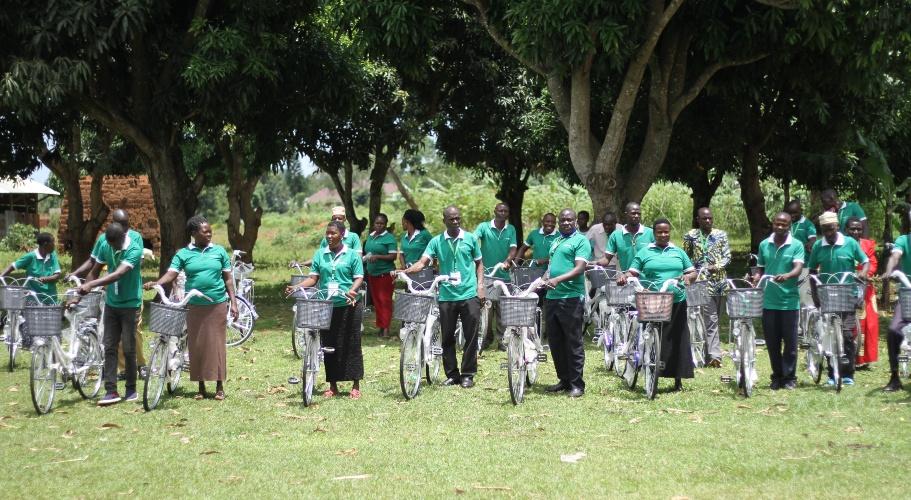
In acknowledging that the quest for reproductive justice issues must be accompanied by economic justice, the influencers also incorporated the importance of secure livelihoods into their dialogue with communities and policy actors. This was especially important for women and young people who sought a stronger bargaining position in sexual decision-making, and because precarity is viewed as a precursor to gender-based violence and other reproductive health issues. In the Kawempe site, the influencers went beyond narrow SRHR boundaries and engaged in other activities, such as cleaning slums, to ward off disease, but also to re-imagine slums as vibrant and healthy spaces that demand attention.
Work also took place in a strategic vertical manner with the state and other actors, including the police, community development leaders, health centres and Local Council leaders, to link community members with services and ensure seamless referral pathways. At the health centres, the influencers engaged with health workers to provide SRHR services to young people, who are often seen as asexual and often excluded from services. In addition, young people’s SRHR is often only considered when they suffer from sexual and reproductive health issues and diseases with less attention to their overall SRHR well-being.
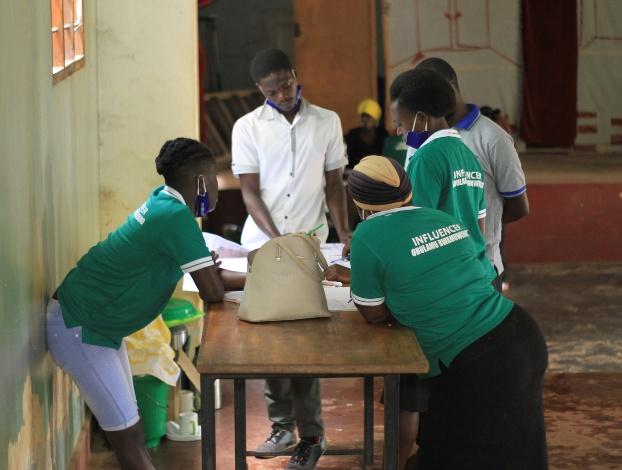
The influencers also worked with district leaders, such as the police, to address cases of gender-based violence. For example, in Iganga, they worked with the police in charge of family issues, who are often not seen as allies in addressing gender-based violence. A particular policewoman with whom they worked became known, and repositioned within the community, as ‘mama’ (mother) police, and so transformed her into ally in terms of her community image.
Critical reflexivity: ‘do-shops’ as an emergent space
As part of their leadership, the influencers participate in training and experience-sharing once a month. Such a deliberative space is called a ‘do shop’, where practical lessons are taught through interactions with master trainers and the grassroots-supporting organisation Nascent Research and Development Organization. Re-imagining a space as a do-shop affords transformative value by acknowledging community agency and knowledge and drawing from a locally generated and embedded curriculum, organised to accommodate the context within which the influencers work. In addition, these encounters are seen as alternative spaces for such validation and making visible their community’s collective SRHR experiences.

Because a community is a contested outfit with embedded inequalities, bringing together in this reflexive space diverse leaders, including the external catalysers, youth, women, men and political leaders and people with disabilities, enables them to engage the class, generational, gender power ableist, expert and other power relations that influence SRHR. Such critical reflexivity and disruption of personal and collective norms is therefore a form of change. As scholars have noted, emancipatory politics takes place when a space is provided for people often excluded to articulate their needs and interests.
Lessons learnt from community innovation
By linking their activities in the community around the do-shop model, this way of working with, and enhancing the capacity of, grassroot influencers is an innovative way of enhancing reproductive justice. The local district governments in the two sites are already working on institutionalising the influencers (like the Village Health Teams and other volunteers) in health service delivery, to enable them to work with the state and other non-state actors to provide information.
But what would be the implications of institutionalising these community figures? I reflect on the following:
- There is a danger that these influencer actors become another cog in the policy system, replacing currently limited provision and allowing the state to renege on its responsibilities for adequate service provision, such that influencers are forced to lose their critical engagement with the state. Such adoption should therefore not hollow out their emancipatory potential.
- For marginalised communities, information on services is an important first step. There is, however, a need for awareness that reproductive injustice is not just an information deficit issue. These influencers should therefore continue acting as interlocutors for the state while engaging economic and social relational SRHR inequities in their contexts.
- The role of intermediaries like NGOs is important in grassroot organising. However, there is a need to ensure that the SRHR vision for the community is maintained. Advocacy and activism should not be professionalised by external actors, who often have their own project-centred approach that may not provide space for questioning the status quo.
- There is need for continued vigilance and strategic manoeuvring that goes beyond the instrumentalism of working with the state. The state, and especially the Ugandan state, is not always an ally in ensuring reproductive justice. This has been the case for youth with drug-related issues and commercial sex-workers or those seeking post-abortion care, who have been reportedly criminalised. Indeed, since 2021 was an election year, some political leaders felt threatened by the influencers’ popularity and, when confronted this way, the latter tended to minimise and de-politicise their work.
Photo: a community ‘do shop’ in Kawempe, Uganda. Credit: Nascent Research and Development Organization.


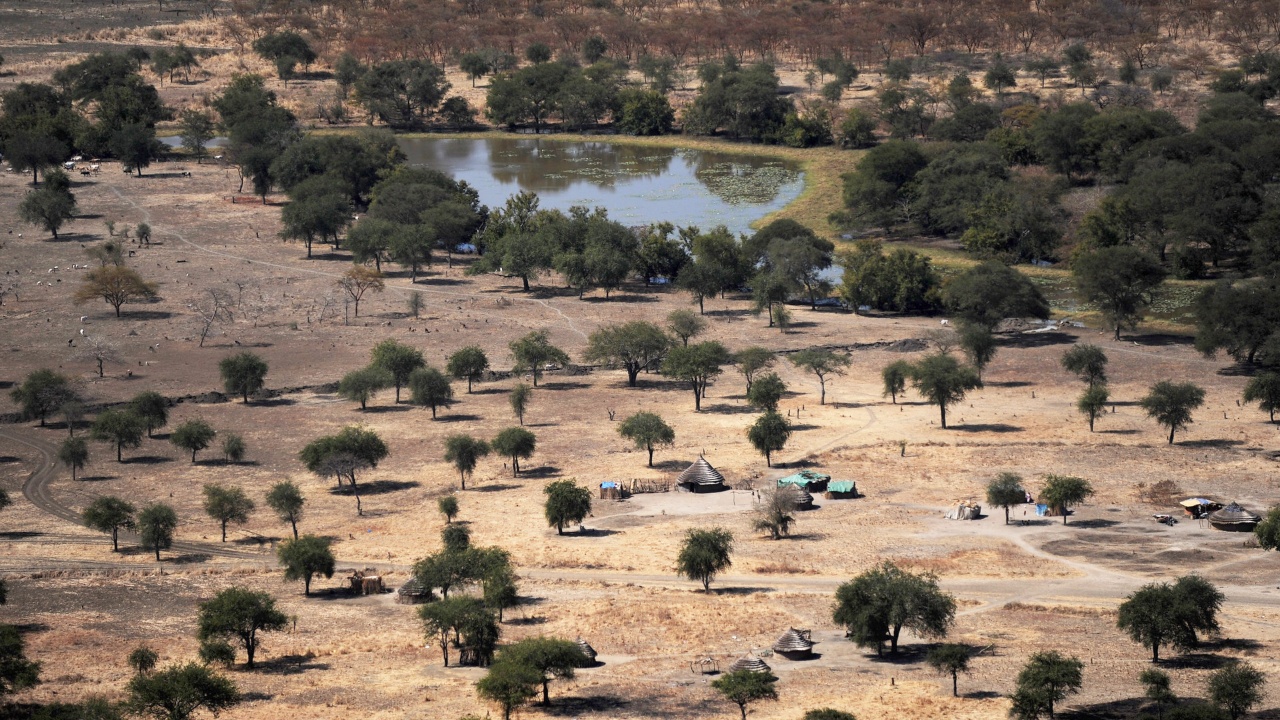
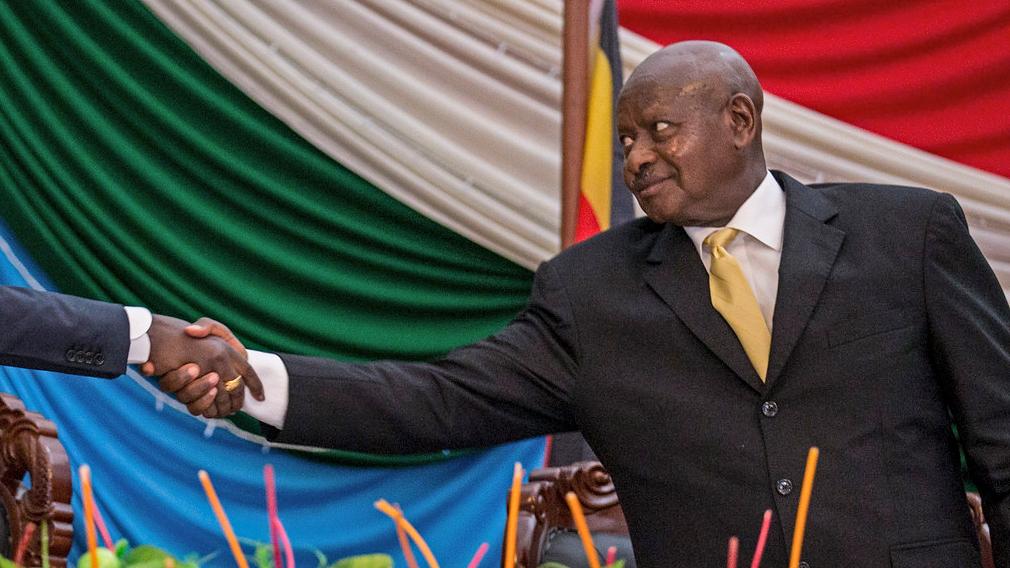

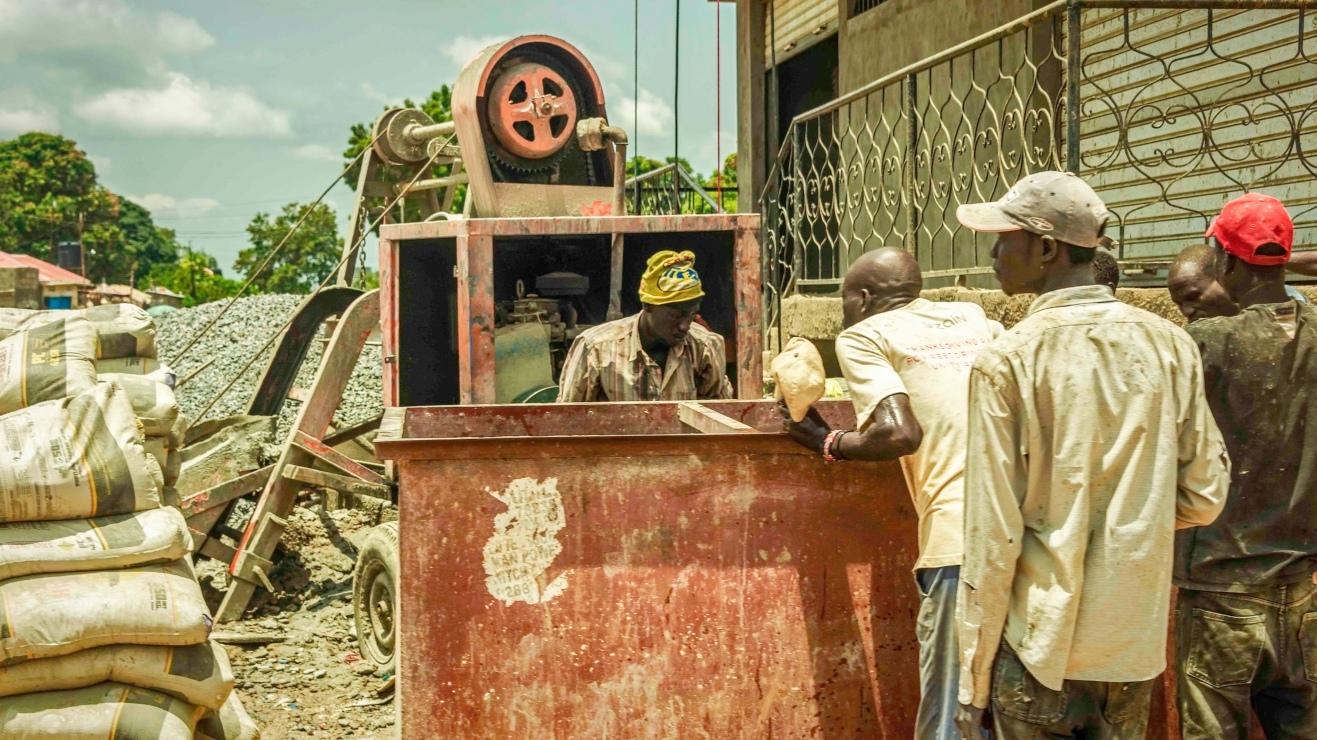
Wauh, congratulations. This is nice